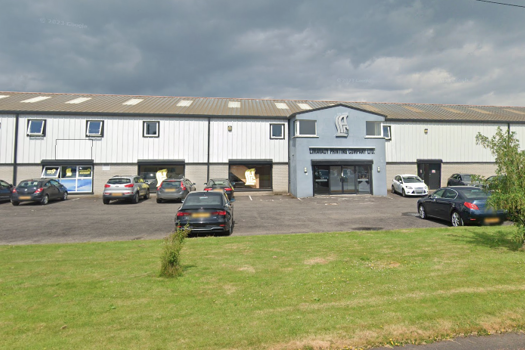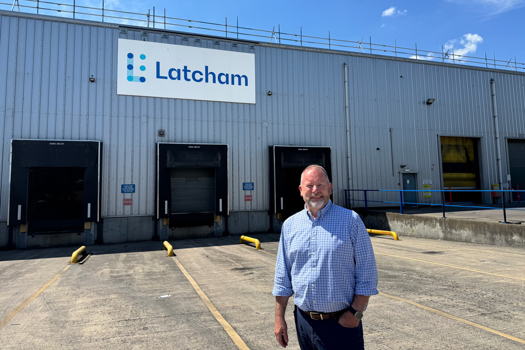Announcing its Q1 results, the paper maker said that it was working to exit its Russian business as it was unwilling to operate in an environment that was “inconsistent with our values”.
Chairman and CEO Jean-Michel Ribiéras stated: “Our path forward in Russia is driven by our primary value to always do the right things, in the right ways, for the right reasons. We will not operate in an environment that is inconsistent with our values.
“We have made the decision to exit Russia and will do so in an orderly manner. That said, we are not implementing a full suspension of operations, primarily because we want to maintain full control of our assets as we work to exit Russia.”
Ribiéras said the business had received “a significant number of non-binding offers”.
It aims to complete this process promptly including obtaining approval from the Sylvamo board “as well as the required government approvals to execute the transaction”.
He said the group would comply with all regulations and sanctions.
The Svetogorsk mill is located near the Finnish border. It employs 1,700 people and is described as one of the most efficient and modern pulp and paper mills in the country.
Svetogorsk has an annual capacity of 720,000 short tons of pulp, paper and paperboard. It makes SvetoCopy and Ballet printing papers, liquid packaging board, and bleached thermo-mechanical pulp.
In Q1 Sylvamo’s sales were $977m (£802m), up nearly $200m on the same period in 2021. Adjusted EBITDA jumped to $187m from $123m in Q1 2021.
Ribiéras said the business was on a path to achieve pre-pandemic EBITDA levels in 2022, “even if we exclude our Russian business for the full year”.
Sylvamo is picking up new business for printing papers as a result of the multitude of mill closures and conversions in Europe, and said that it expected European earnings to improve each quarter this year.
CFO John Sims stated: “High market pulp prices and elevated energy costs have put tremendous pressure on nonintegrated producers, which represents about 25% of the total uncoated freesheet supply in Europe.
“These cost increases have resulted in a significant steepening of the uncoated freesheet cost curve there, which works in our favour. Our Saillat mill [in France] produces its own pulp, benefits from a favourable energy position and generate excess carbon credits. We also maintained strong channel partnerships across Europe.”










